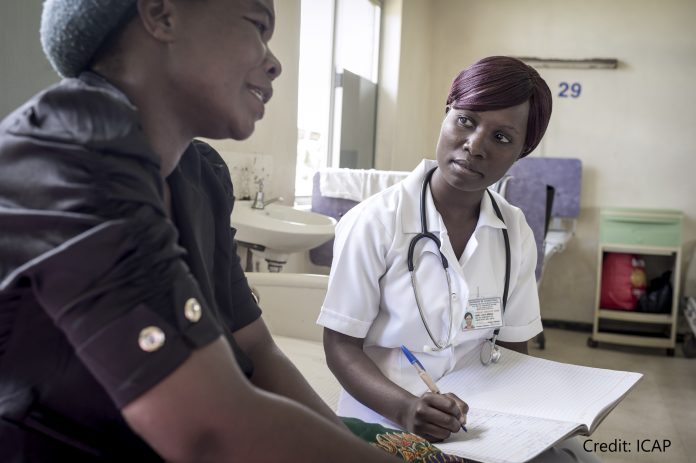
In a joint statement responding to the World Health Organisation’s draft declaration on Primary Health Care, Nursing Now and the International Council of Nurses said:
Nurses and Midwives comprise half of the healthcare workforce and in low and middle-income countries it is estimated that they provide more than 80% of primary health care (PHC) services. Nursing and Midwifery practice is at the core of an effective health system and efforts to prevent, promote and sustain health are dependent on the strength, capacity and capability of these staff and the multidisciplinary team that they work within.
We therefore strongly support the recognition of the role of the PHC workforce in the Astana Declaration and are pleased to see the wording about putting public health and primary care at the centre of Universal Health Coverage (UHC), with reference to both nurses and midwives.
Every contact that one of the world’s 23/4 million Nurses and Midwives has with a person is an opportunity to share health prevention advice and information. Nurses provide specialist advice and support for people living with chronic and long terms conditions ranging from arthritis, cancer, respiratory disease, diabetes and mental health issues to name but a few. They also provide support with complex conditions and those who have co-morbidities. Nurses and Midwives are uniquely placed healthcare professionals who are with people on the entire length of their life journey, from birth to death.
Nursing and Midwifery practice and philosophy is based on respect for the individual and their family, putting the person at the centre of care. They strive to deliver holistic care, assessing and providing treatment for physical and mental health needs and addressing the broader range of personal, social and community challenges that individuals encounter. Nurses and Midwives are also frequently case managers and at the forefront of ensuring integrated and co-ordinated care.
We believe that nurses and midwives will increasingly play a central role in multi-disciplinary teams in PHC and are already doing so in many countries. We therefore recommend the inclusion of words which reflect the reality of what this means in practice and echoes the words used in Recommendation 3 of the report of the WHO Independent High-Level Commission on non-communicable diseases, Time to Deliver.
We suggest adding: Nurses and midwives, the health professionals closest to the local community, are uniquely placed to act as effective practitioners, health coaches, spokespersons, and knowledge suppliers for patients and families throughout the life course and to supervise and support community health workers.
We strongly agree that political will and sustainable financial resources will be vital to delivering the ambitions of the Astana Declaration. Insufficient investment, the lack of long term planning and political commitment in health services and the workforce continues to be a major impediment to progress.
We resolutely support a declaration that will deliver change and achieve UHC through PHC.
The International Council of Nurses (ICN) is a federation of more than 130 national nurses associations (NNAs), representing the more than 20 million nurses worldwide. ICN works to ensure quality nursing care for all, sound health policies globally, the advancement of nursing knowledge, and the presence worldwide of a respected nursing profession and a competent and satisfied nursing workforce.
Nursing Now is the global campaign to improve health globally by raising the profile and status of nursing. Founded in February 2018 it already has groups active in over 40 countries.
The ICN International Nurses Day publication 2018, Nurses: A Voice to Lead – Health is a Human Right, contains numerous case studies of nursing practice and innovative models of care within PHC.



